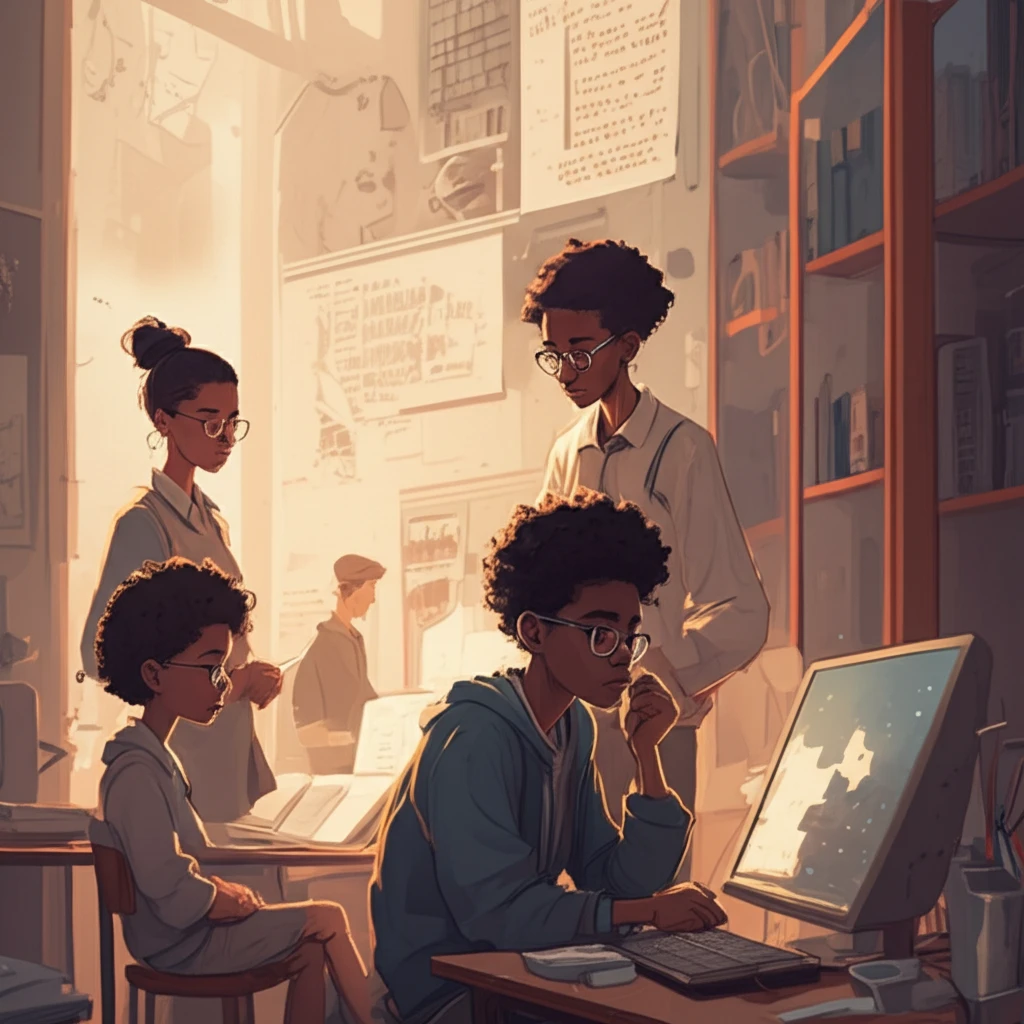
Future-Proofing Education: How Radical Innovation Can Prepare You for the 21st Century Workplace
"Discover how innovative educational models are reshaping learning to meet the demands of a rapidly evolving job market and empower the next generation of workers."
The 21st-century workplace is undergoing a dramatic transformation. Fueled by technological advancements, globalization, and evolving economic landscapes, the skills and knowledge required to succeed are rapidly changing. Traditional education systems are struggling to keep pace, leaving many individuals unprepared for the challenges and opportunities that lie ahead.
This article delves into the urgent need for radical innovation in education. It explores how forward-thinking institutions and educators are reimagining learning to equip individuals with the skills, knowledge, and adaptability required to thrive in this new world of work. By examining innovative approaches to curriculum design, pedagogy, and assessment, we uncover how education can be future-proofed to empower the next generation of workers.
We'll journey into environments where students are not just learning facts but are actively shaping their futures. We will highlight institutions such as the South University of Science and Technology (SUSTC) in China. Together, we will explore how these changes address everything from technology and globalization to environmental concerns and demographic shifts.
The Skills Gap: Why Traditional Education Is Falling Behind

One of the most pressing challenges facing today's workforce is the widening skills gap. Traditional education systems often prioritize rote memorization and standardized testing, failing to cultivate the critical thinking, problem-solving, and creativity that are essential for success in the modern workplace. As technology continues to automate routine tasks, these uniquely human skills become even more valuable.
- Critical Thinking and Problem-Solving: The ability to analyze complex problems, evaluate information, and develop creative solutions.
- Creativity and Innovation: The capacity to generate new ideas, experiment with different approaches, and challenge the status quo.
- Communication and Collaboration: The skills to effectively communicate ideas, work collaboratively in teams, and build strong relationships.
- Adaptability and Lifelong Learning: A growth mindset and a willingness to embrace new challenges and continuously acquire new knowledge and skills.
- Digital Literacy: The ability to use technology effectively and ethically to access information, communicate, and solve problems.
Embracing Change: A Call to Action for Education
The need for radical innovation in education is clear. By embracing new approaches to learning, fostering essential skills, and promoting lifelong learning, we can empower individuals to thrive in the 21st-century workplace and beyond. It's time for educators, policymakers, and individuals to work together to create a future-proof education system that prepares everyone for success in a rapidly changing world.
